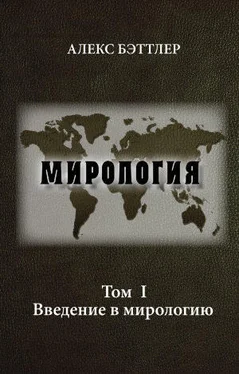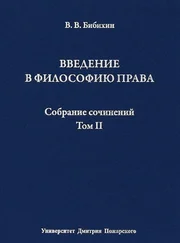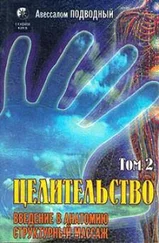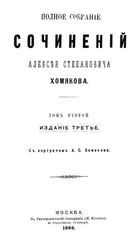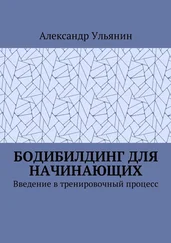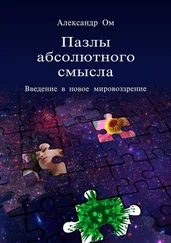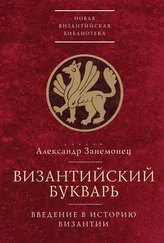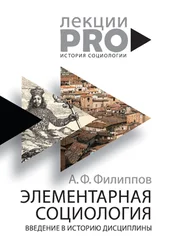Carter R. Consciousness. UK: Weidenfeld & Nicolson, 2002.
Complexity, Global Politics, and National Security. Ed. by D.S. Alberts and Th. J. Cherwinski. Wash. D.C.: National Defense University, 1997.
Complexity in World Politics: Concepts and Methods of a New .
Paradigm. Ed. by N.E. Harrison. Albany: State University of New York, 2006.
Davies P. The Fifth Miracle. The Search for the Origin of Life. L.: Penguin Press, 1998.
Gills B.K. Historical Materialism and International Relations Theory // Millennium: Journal of International Studies. 1987, vol. 16, No. 2, Summer.
Gleick J. Chaos: Making a New Science. N.Y.: Viking, 1987.
Griffiths M. (ed.). International Relations Theory for the Twenty-First Century. An Introduction. L.: Routledge, 2007.
Holden, Gerard. The state of the art in German IR // Review of International Studies, 2004, vol. 30, № 3.
Hughes H.S. Consciousness and Society. The Reconstruction of European Social Thoughts: 1890–1930. N.Y.: Vintage Books, 1958.
International Relations Theory and Philosophy: Interpretive .
Dialogues. Ed. by C. Moore and Ch. Farrands. L.-N.Y.: Routledge, 2010.
Jackson P. Th. The Conduct of Inquiry in International Relations: Philosophy of Science and its Implications for the Study of World Politics. L.-N.Y.: Routledge, 2011.
James W. The Varieties of Religious Experience: A Study in Human Nature. London-Bombay: Longmans, Green, and Co., 1902.
James W. Writings 1902–1910. N.Y.: Literary Classics of the United States, Inc., 1987.
Kahn H., Wiener A. The Year 2000. A Framework for Speculation on the Next Thirty Three Years. N.Y.: MacMillan Company, 1967.
Kahn Herman & others. The Next 200 Years. N.Y.: William Morrow, 1976.
Knowledge, Concepts, and Categories. Ed. by K. Lamberts & D. Shanks. MIT Press, 1997.
Lakoff G., Wehling E. The Little Blue Book: The Essential Guide to Thinking and Talking Democratic. N.Y.: Simon and Schuster, 2012.
Levin R. Complexity. Life at the Edge of Chaos. L.: J M Dent Ltd, 1993.
Models, Number, and Cases. Methods for Studying International .
Relations. Ed. by D.F. Sprinz and Y. Wolinsky-Nahmias. Ann Arbor: The University of Michigan Press, 2004.
Murray Ch. A. Human Accomplishment: the Pursuit of Excellence in the Arts and Sciences, 800 B.C. to 1950. N.Y.: Perennial, 2004.
Neufeld M. The Restructuring of International Relations Theory. Cambridge: Cambridge University Press, 1995.
Nisbet R.A. History of the Idea of Progress. New Brunswick, NJ: Transaction Publishers, 1998.
Nisbet R.A. The Idea of Progress // Literature of Liberty. 1979, vol. II, No. 1, January-March.
Orwell G. Politics and the English Language. In: Collection of Essay. San Diego-New York-London: Harcourt Brace Jovanovich Publisher, 1953.
Oxford Companion to Philosophy. Ed. by T. Honderich. Oxford-New York: Oxford University Press, 1995.
The Philosophy of Economics. An Anthology. Third Edition. Ed. by Daniel M. Hausman. Cambridge: Cambridge University Press, 2008.
Progress in International Relations Theory : Appraising the Field. Ed. by C. Elman and M.F. Elman. Cambridge (Mass) – London: MIT Press, 2003.
Schumpeter, Joseph. Science and Ideology. In: The Philosophy of Economics. An Anthology.
Tipler F.J. The Physics of Immortality. Modern Cosmology, God and the Resurrection of the Dead. N.Y.: Doubleday, 1994.
Understanding Power. The Indispensable Chomsky. Ed. by P.R. Mitchel and J. Schoeffel. N.Y.: The New Press, 2002.
Такого типа вопросы задаются во введениях практически ко всем книгам по теории международных отношений. Например, см.: Burchill (et al.). Theories of international relations, p. 5.
Booth and Smith (eds.). International Relations. Theory Today, p. 340.
Understanding power. The Indispensable Chomsky , p. 211.
Следует, правда, отметить, что один из немецких теоретиков-международников, Матиас Альберт, также вовлечен в создание науки под названием Wis sense haft vom Globalen (досл. – наука о глобальном, нечто типа научной глобалистики). О нем см.: Holden. The state of the art in German IR.
Гидденс. Социология, с. 17.
Бэттлер. О любви, семье и государстве.
См.: Booth and Smith (eds). International Relations. Theory Today, p. 271.
Ibid., p. 101.
Gills. Historical Materialism and International Relations Theory, p. 1.
Цит. no: Gills , p. 4.
Непредсказуемость случайности впоследствии очень хорошо легла в теорию синергетики Пригожина, которая стала одним из популярных подходов, рекомендуемых и для ТМО.
Цит. по: Богомолов. Буржуазная философия США XX века, с. 292.
James. Pragmatism. In writings 1902–1910, p. 574–5.
Цит. по: Корнфорт. В защиту философии, с. 248.
Богомолов, с. 80–1.
Hughes. Consciousness and Society, p. 36.
Цит. по: Богомолов, с. 125.
Цит. по: Корнфорт, с. 155.
Там же, с. 3.
Уэллс. Прагматизм – философия империализма, с. 258.
Цит. по: Чудинов. Природа научной истины, с. 55.
Цит. по: Корнфорт, с. 218.
См.: Neufeld. The Restructuring of International Relations Theory.
Griffiths (ed). International Relations Theory for the Twenty-First Century: An Introduction, p. 6.
Jackson. The Conduct of Inquiry in International Relations: Philosophy of Science and its Implications for the Study of World Politics.
В данном контексте под словом «мир» Декарт и последующие дискутанты понимали объективную реальность.
Цит. по: Jackson, р. 55.
Ibid., р. 66.
Такой подход характерен для сознания ребенка, который наделяет игрушки (объект) человеческими качествами, т. е. не как объект, независимый от его сознания, а как объект, который сложился в его сознании. Другими словами, ребенок наделяет игрушки теми качествами, которыми они не обладают. В результате объект-игрушка превращается в то, что создано сознанием ребенка. Это и есть позитивизм.
Читать дальше
Конец ознакомительного отрывка
Купить книгу
